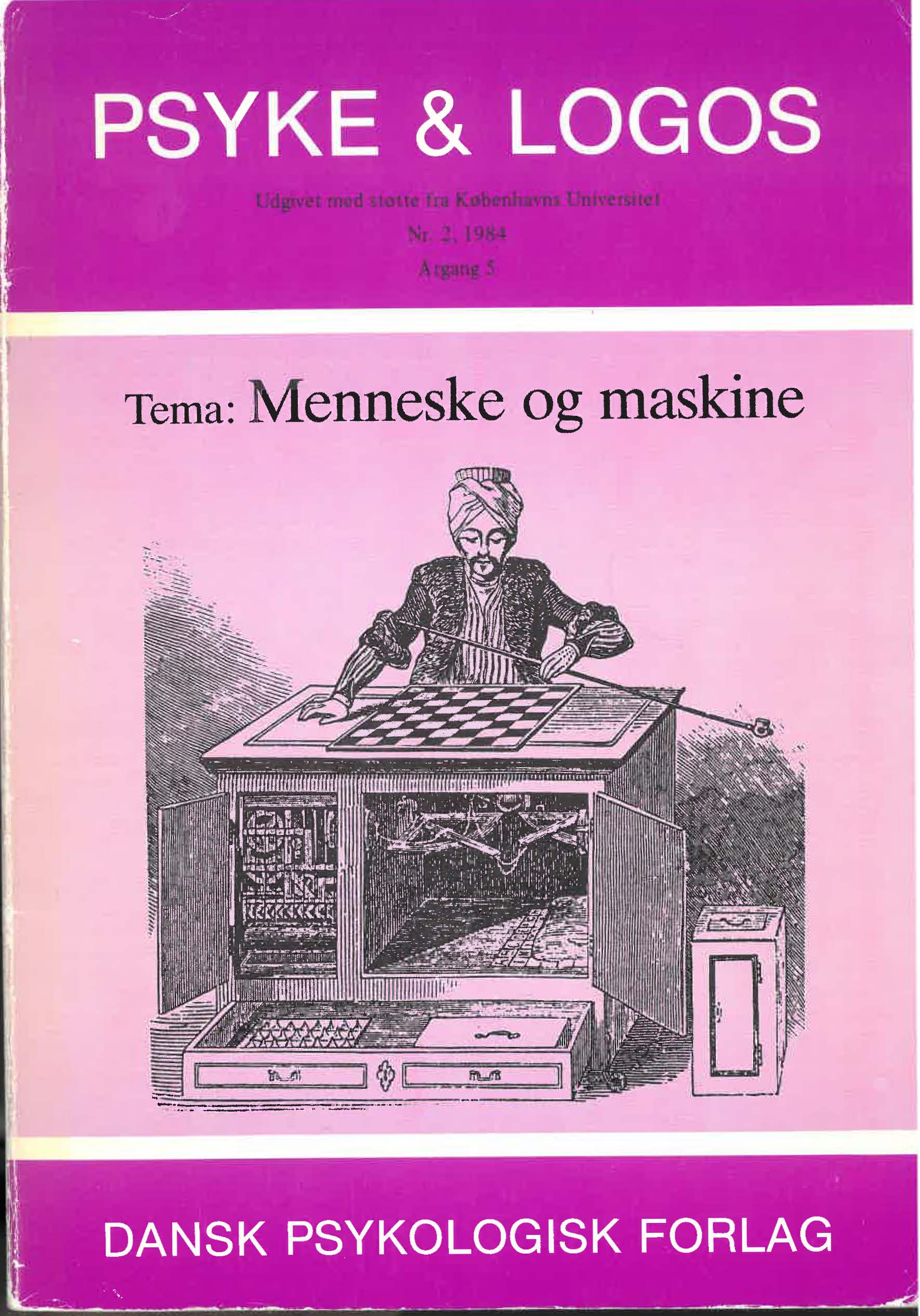Kognitionens logikker
Handling, sprog og datamater
DOI:
https://doi.org/10.7146/pl.v5i2.135448Abstract
In this paper, the possible influence of computers on human cognition is discussed. It is asked whether cognition is logical in the same sense as information processing in computers, i. e., formal logic. Evidence is cited to show that processes of thinking do not follow rules of formal logic, and that conceptual knowledge, which is the object of thinking, is not organized in logical classes. On the contrary, the "logic" of thought appears to be logic of activity - of real-world action. Our acts (operations) determine which properties of the world are conceptualized. In this universe of operational knowledge, logical rules are unnecessary because the knowledge is itself strructured to support acitivty, intemal as well as external. However, the use of symbolic media of ex pression results in selective explication of operational knowledge, potentially making it conscious. The formal languages of computer programming and control seem particularly powerful media for explication procedural knowledge, i. e., knowledge about how acts and thought processes are performed. Preconditions for achieving this gain in explicit knowledge are presumably that students Iearn to express themselves in a suitable programming language and that they possess previous operational knowledge of the processes they attempt to program.
Downloads
Published
How to Cite
Issue
Section
License
Ophavsret er tidsskriftets og forfatternes. Det er gældende praksis, at artikler publiceret i Psyke & Logos, som efterfølgende oversættes til andet sprog, af forfatteren frit kan publiceres i internationale tidsskrifter, dog således at det ved reference fremgår, at den oversatte artikel har et forlæg i en dansksproget version i Psyke & Logos. Artikler kan frit deles og linkes til på forsknings- og undervisningsnetværk (så som Blackboard). Link foretrækkes, fordi det giver oplysning om brug af tidsskriftets artikler.




